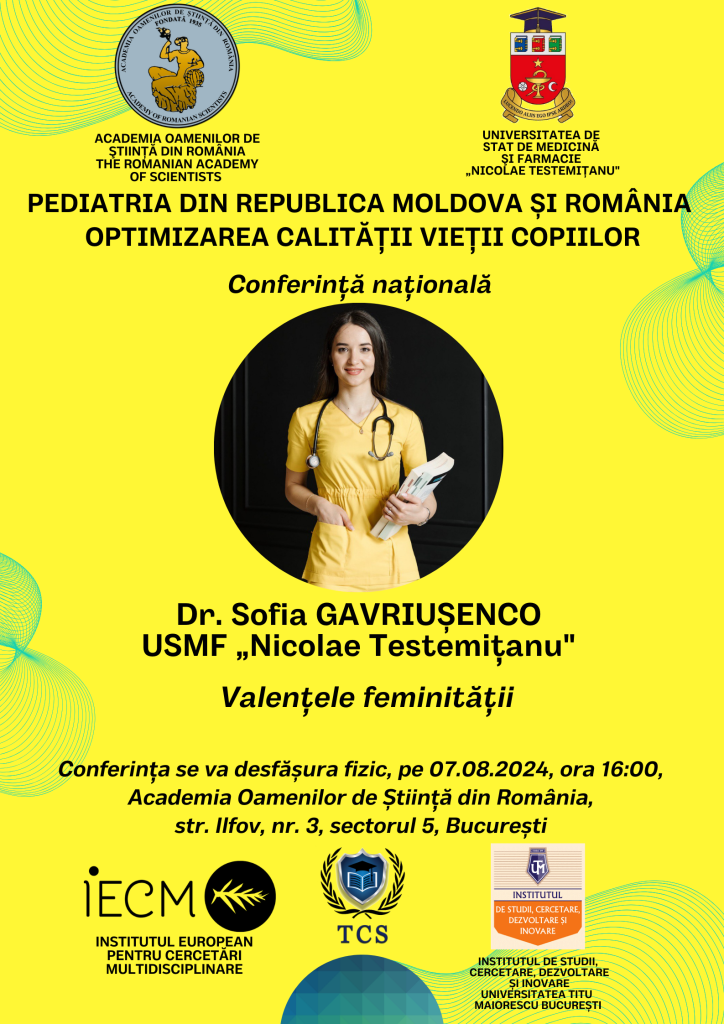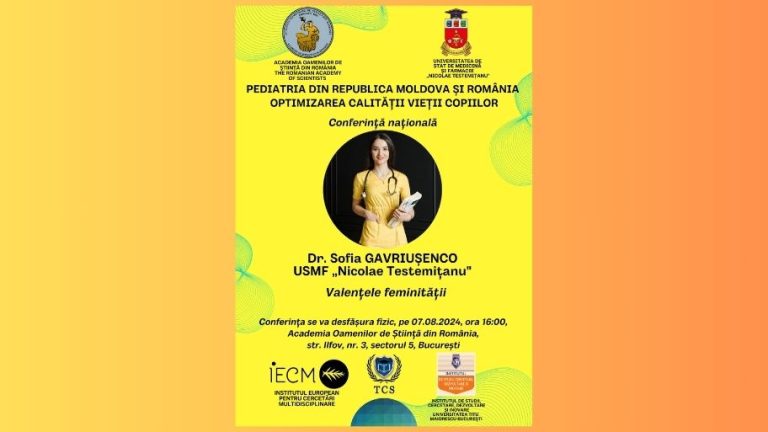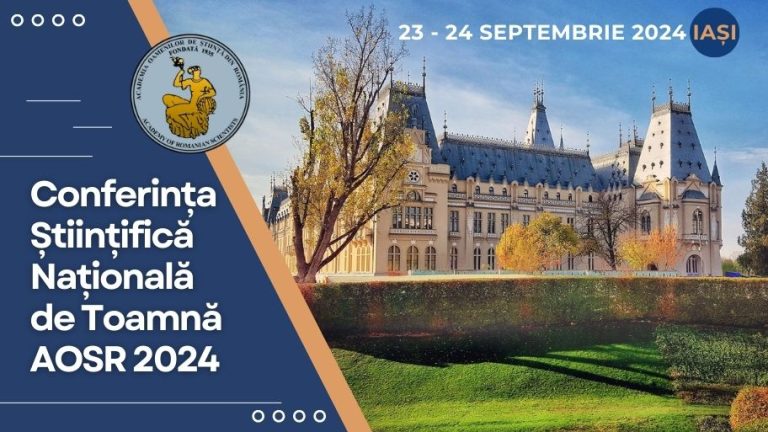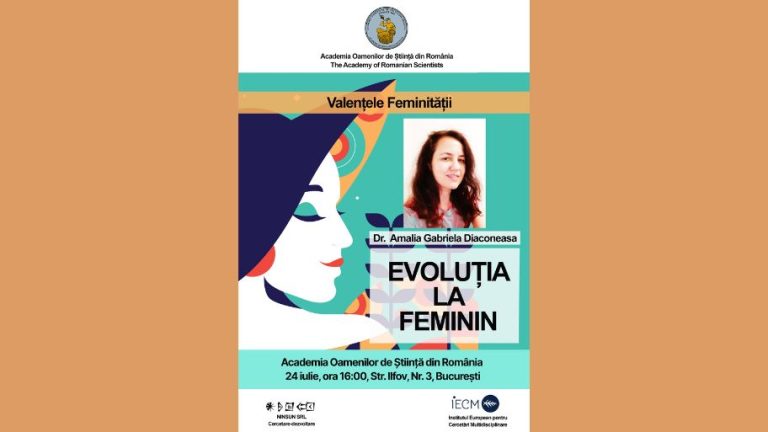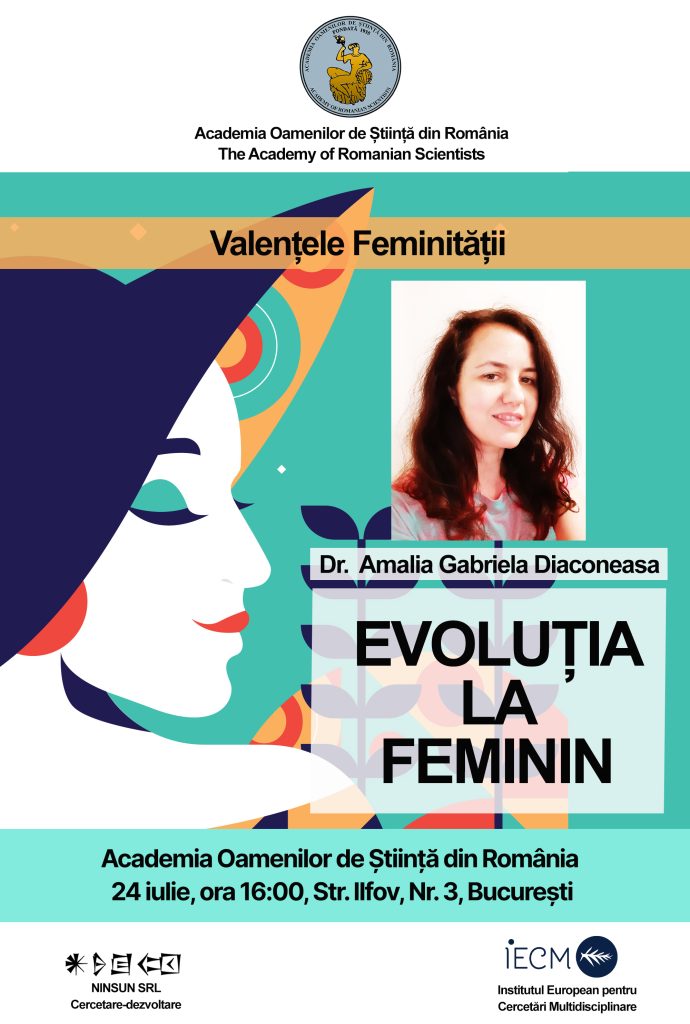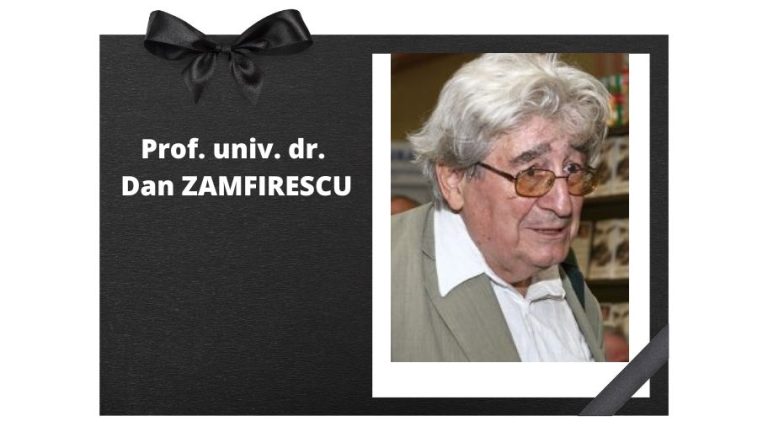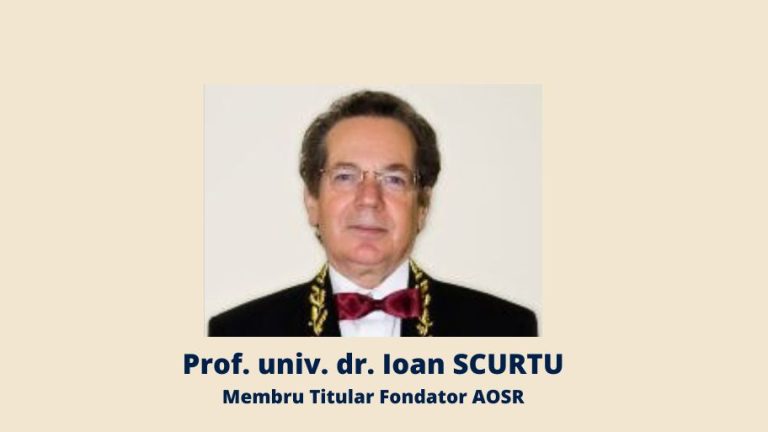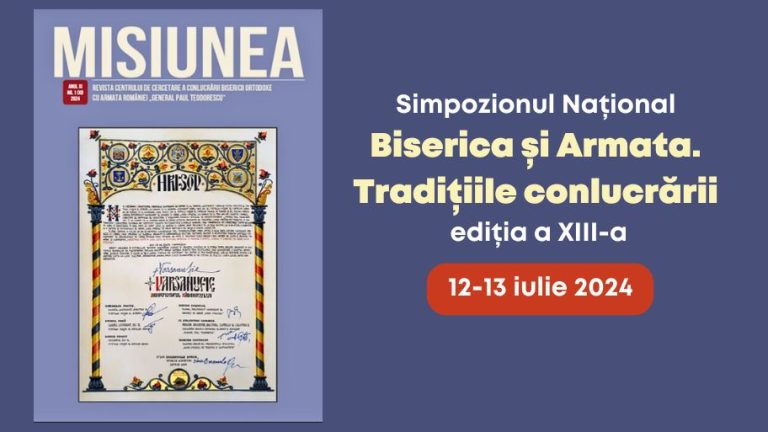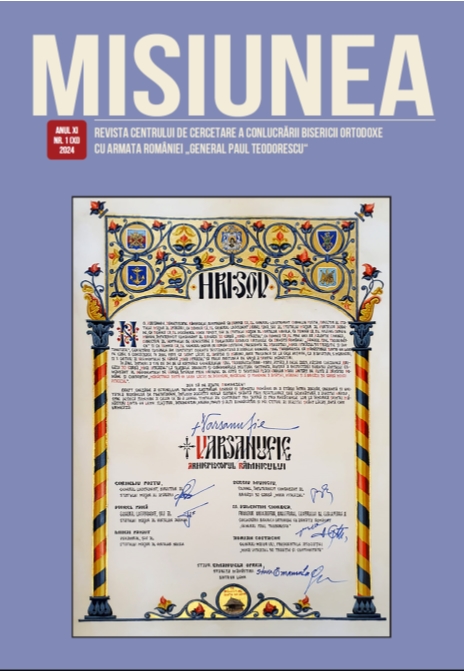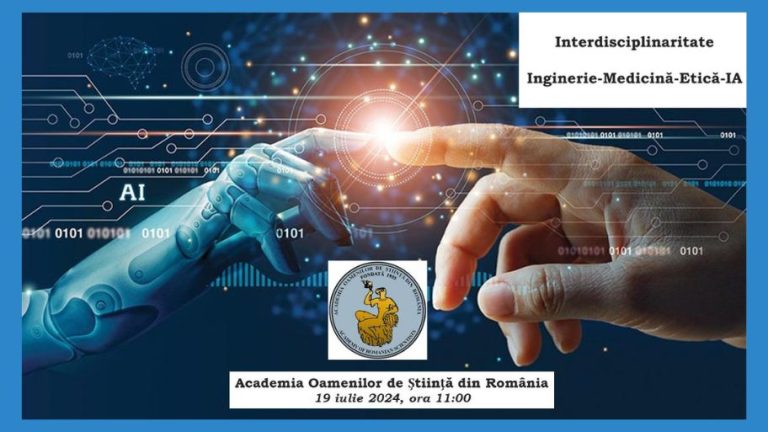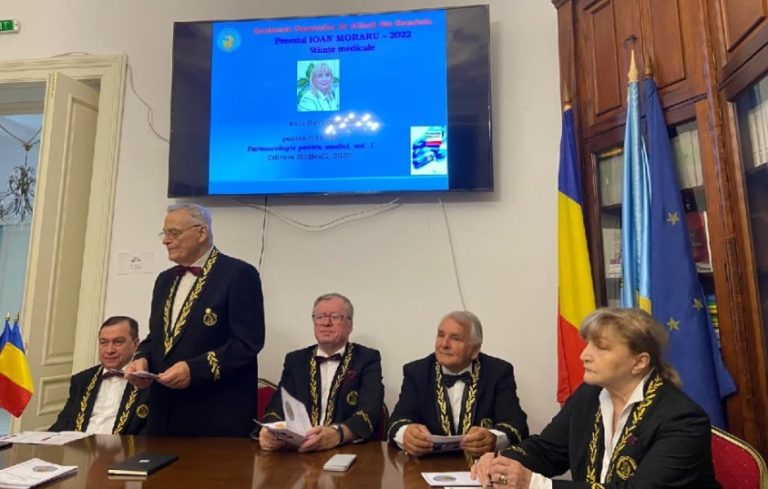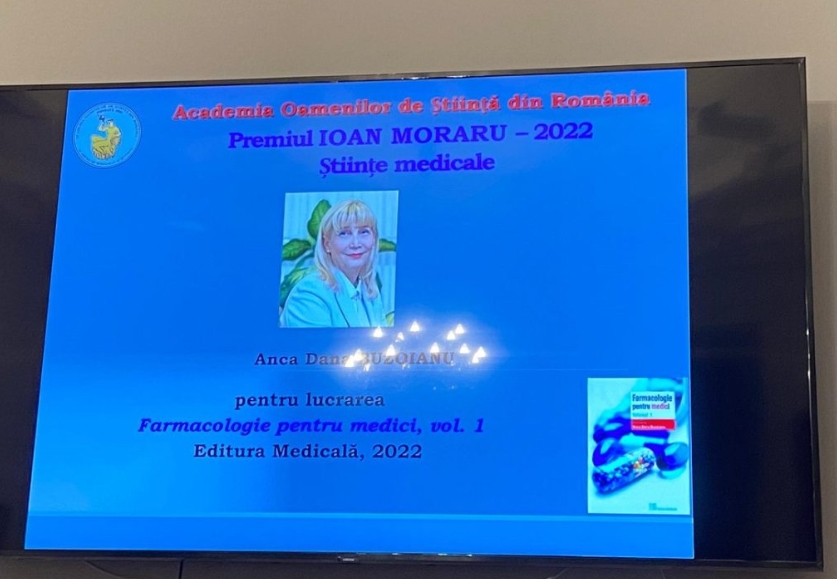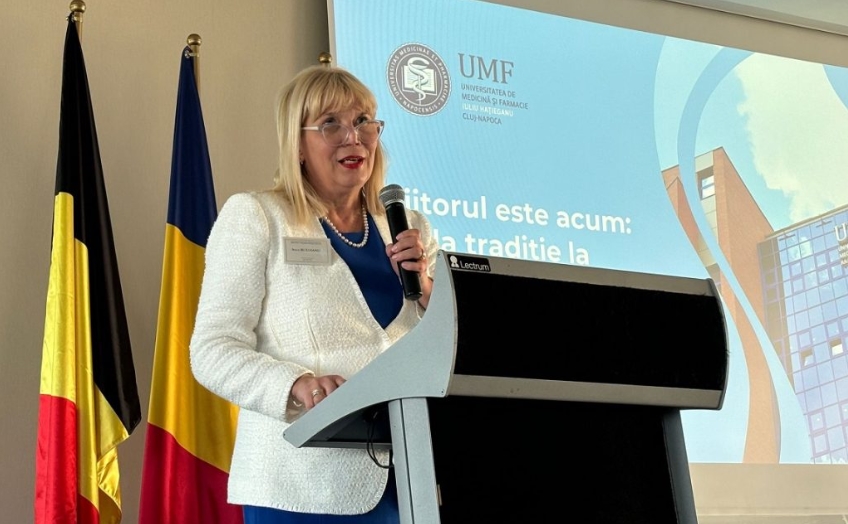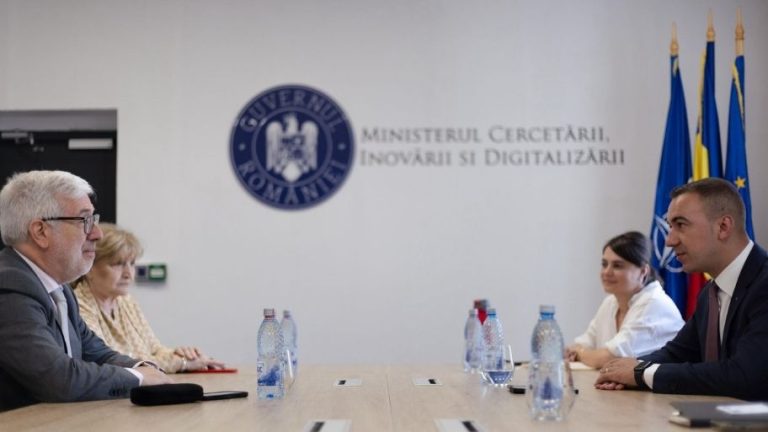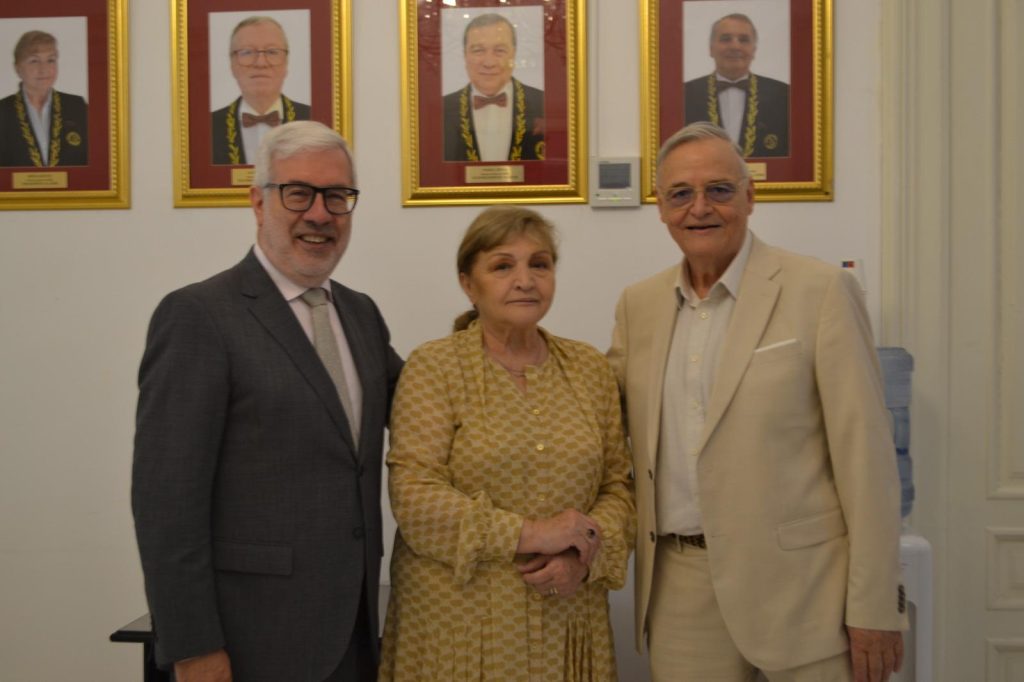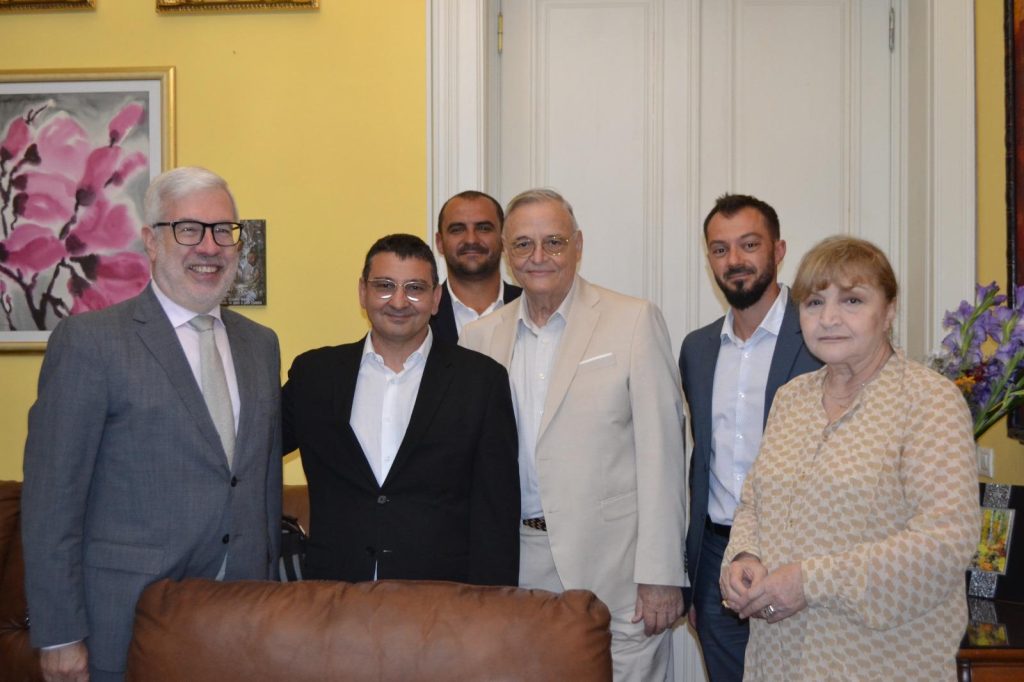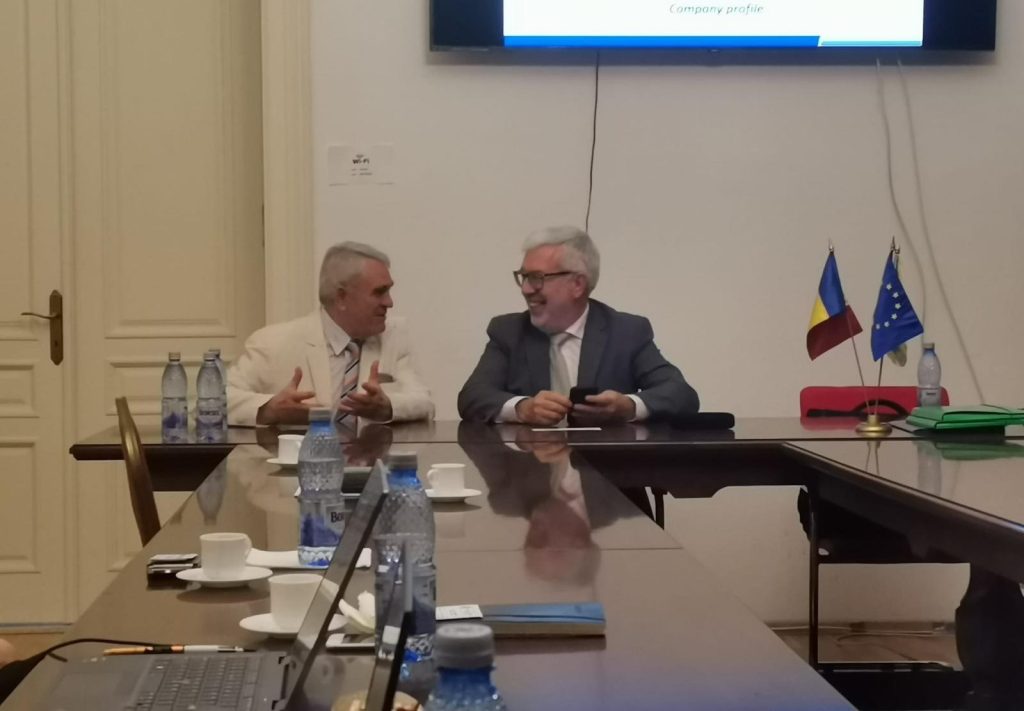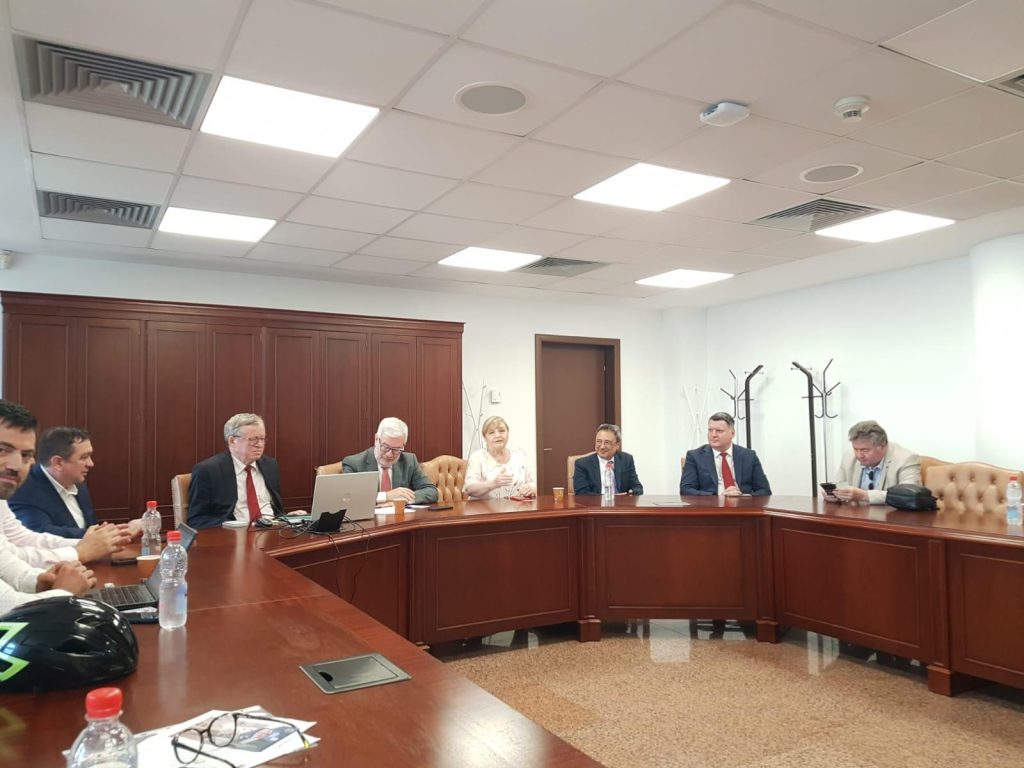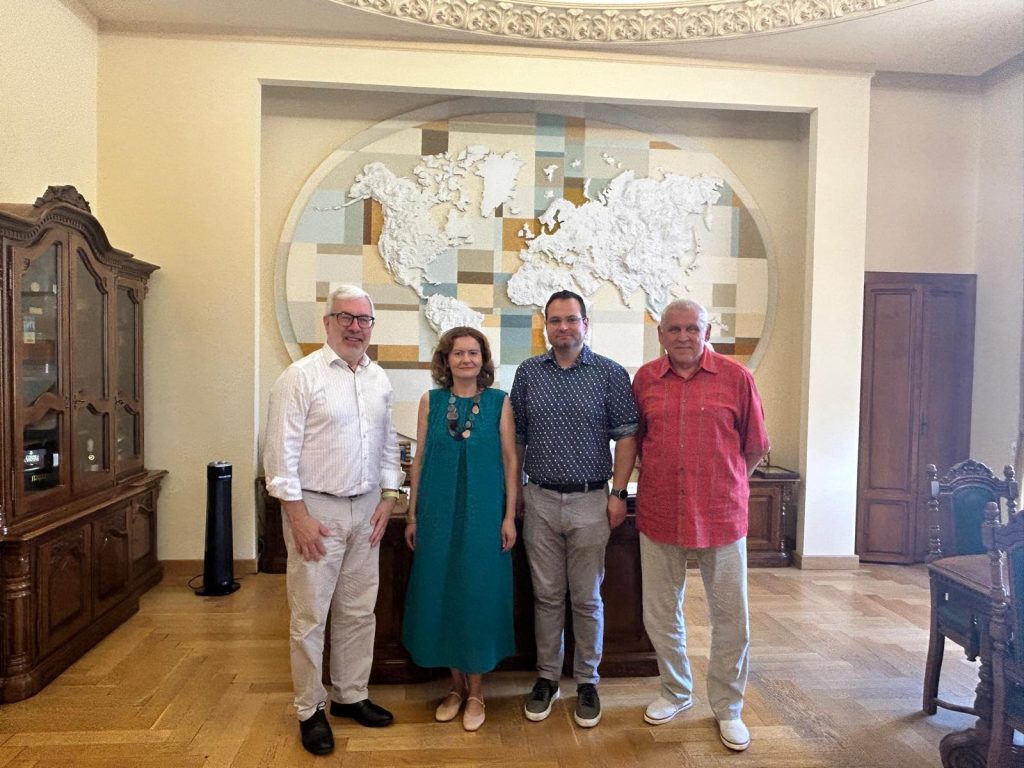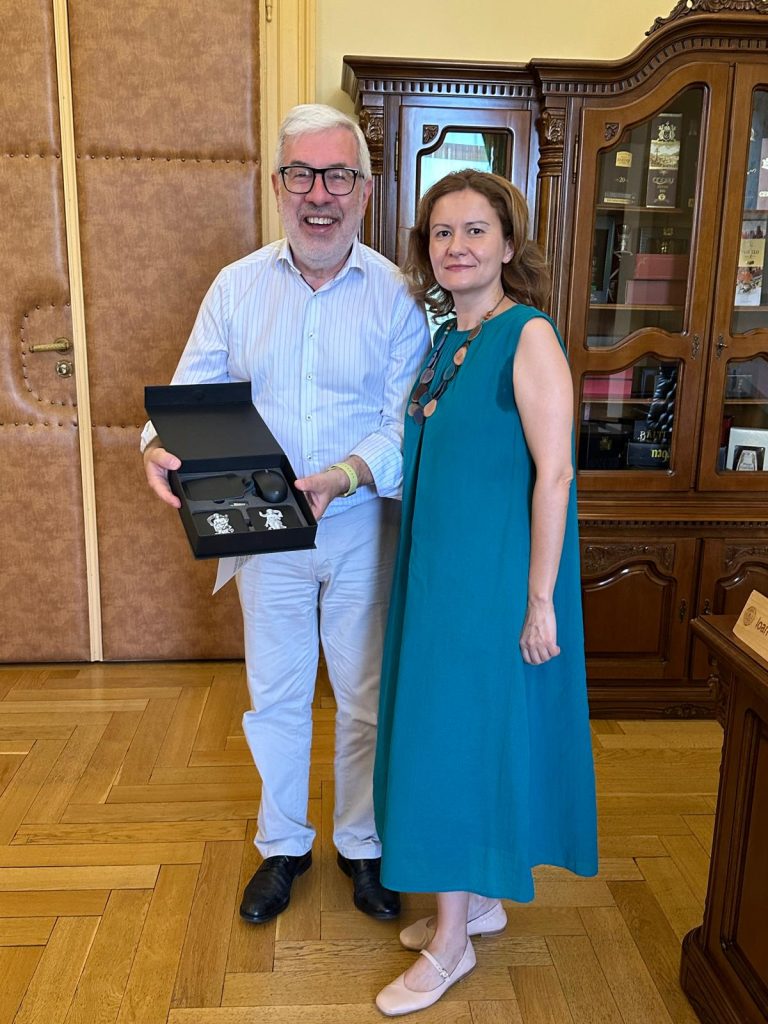It is well known that in 1918 Romanians achieved the Union of Bessarabia, Bukovina and Transylvania with the Motherland. The Great Union lasted 22 years. On August 23, 1939, the Soviet Union and Germany concluded the Molotov-Ribbentrop Pact. Article 1 of the secret annex stated: “In the event of a territorial and political transformation of the territories belonging to the Baltic States (Finland, Estonia, Latvia, Lithuania, Latvia), it will represent the frontier of the spheres of interest of both Germany and the USSR”. Article 2 referred to the “territorial and political transformations of the Polish state”, and Article 3 read as follows: “As far as South-Eastern Europe is concerned, the Soviet pasrts emphasizes its interest in Bessarabia. The German side declares its total political disinterest in this territory”. After the capitulation of France on June 22, 1940, the Soviet government sent the Romanian government two final notes on June 26 and 27, 1940, asking it to cede Bessarabia and northern Bukovina. Ribbentrop wrote to Molotov that the Soviet government’s claim on Bukovina “is a novelty”, but accepted the Kremlin’s decision. In its reply of June 28, the Romanian government stated that it “is forced to accept the conditions of evacuation specified in the Soviet reply”. Two months later, by decision of Germany and Italy on August 30, 1940 (the Vienna Dictatorship), Romania had to cede the north-eastern part of Transylvania to Hungary. At the express request of Adolf Hitler, King Carol II and the Romanian government agreed to the occupation of southern Dobrogea (Cadrilater) by Bulgaria (this was carried out on September 7, 1940). Within two months, the Great Union of 1918 was shattered, with Romania losing more than 33% of its territory and population. In 1945, Romania managed to recapture north-eastern Transylvania,
In 1991, following the break-up of the USSR, Ukraine became a beneficiary of the 1939 Molotov-Ribbentrop Pact, the 1940 Soviet Notes of Latter and the 1948 Soviet-Romanian Verbal Process. In 1997, an unprecedented act in the history of Romanians was recorded: the recognition of the belonging to Ukraine of some historical Romanian territories: northern Bukovina with the city of Chernivtsi, where the 1918 vote was taken to unite Bukovina with Romania; Herța Land (where the great Romanian scholar and patriot Gheorghe Asachi was born); southern Bessarabia, with the fortresses on the Black Sea, which Stephen the Great called the “key to Moldova”; the Island of Serpilors. The treaty was signed by Romanian President Emil Constantinescu, who argued that “history teaches us nothing” and therefore we should not refer to the past.
The reality is quite different. Lucian Blaga wrote: “There are two realities whose immense, crushing weight we do not feel, but without which we cannot live: air and history.” In his turn, N. Iorga said that “history is a great teaching book”. In this spirit, we will briefly evoke the history of Romanians and of the territories that the old political leaders in Bucharest gave up in 1997. I will mainly use the information from Ioan Scurtu, The history of Romanians from the beginning until 1920. The road to the Great Union, Iași, Moldova Publishing House, 2018, 707 p. + 11 maps.
The documents show that, since its foundation, Moldova included the territory between the Carpathian Mountains, the Black Sea and the Dniester. In 1392, the ruler Roman Musat called himself “The great single ruler, by the mercy of God, I Roman the ruler of Moldavia from the Mountains to the Sea”. It was obviously the Carpathian Mountains and the Black Sea. In order to defend Moldavia from the Tatar invasion, Stephen the Great built on the right bank of the Dniester the fortresses White Fortress (1466), Hotin (1467) and Soroca (1499), as well as Chilia at the mouth of the Danube (1479)[1].
Moldova was bordered to the east by a Slavic population, which constituted in the sec. XI Russian state centered in Kiev (Kievan Rus). It split into several cnezates. After three centuries, the Moscow cynasty took over and annexed more and more territory. In 1654, the Zapoor Cossacks decided to unite the territory on the Russian outskirts, called Ukraine, with Russia. Gradually, Russia became a great power under Peter I (1696-1725). By the Treaty concluded in Luțk in April 1711, the tsar recognized: “The lands of the Principality of Moldavia, according to the old Moldavian decision, over which the lord will have the right of possession, are comprised between the Dniester River, Camenița, Bender, with all the Bugeac, Danube, the borders of the Wallachian and Transylvanian Lands and the borders of Poland, according to the delimitations made with these countries”.
During the Middle Ages, no document mentions the existence of a state called Ukraine, which would border Moldova. For centuries, relations between the Romanian Lands and Russia were good, with some marriages between the respective ruling houses. The situation changed in the 18th century, when Imperial Russia came into conflict with the Ottoman Empire. Tsarist troops repeatedly crossed the territory of the Romanian Principalities on their way south of the Danube and held them under occupation until peace was concluded.
In the south, from the 15th century onwards, the Ottoman Empire began to expand into Europe, and the Roman lands fought hard to defend their independence. Following resounding victories by Mircea the Elder (Rovine – 1394) or Stephen the Great (Vaslui – 1475), the Ottoman Porte accepted the existence of these states, recognizing their autonomy and pledging to ensure their territorial integrity in exchange for a tribute they were obliged to pay.
In the West and North, the Habsburg Empire was formed with Austria at its core, which – after the defeat of Ottoman troops at Vienna in 1683 – began its expansion into south-eastern Europe.
For three centuries, the three emperors fought over the continent, especially in the central and south-eastern parts. Transylvania was a victim of the Habsburgs and was annexed in 1691.Gradually, as the strength of the Ottoman Empire waned, Austria and Russia expanded their territories and the Romanian lands became a trading object between these powers.
The first Romanian territories were occupied by the Habsburgs. In 1691, Austria occupied Transylvania. In 1772, the Habsburg Empire took part in the partition of Poland, together with Prussia and Russia, and gained Gaul with Pocutia – the old territory held by Stephen the Great.
Continue here
